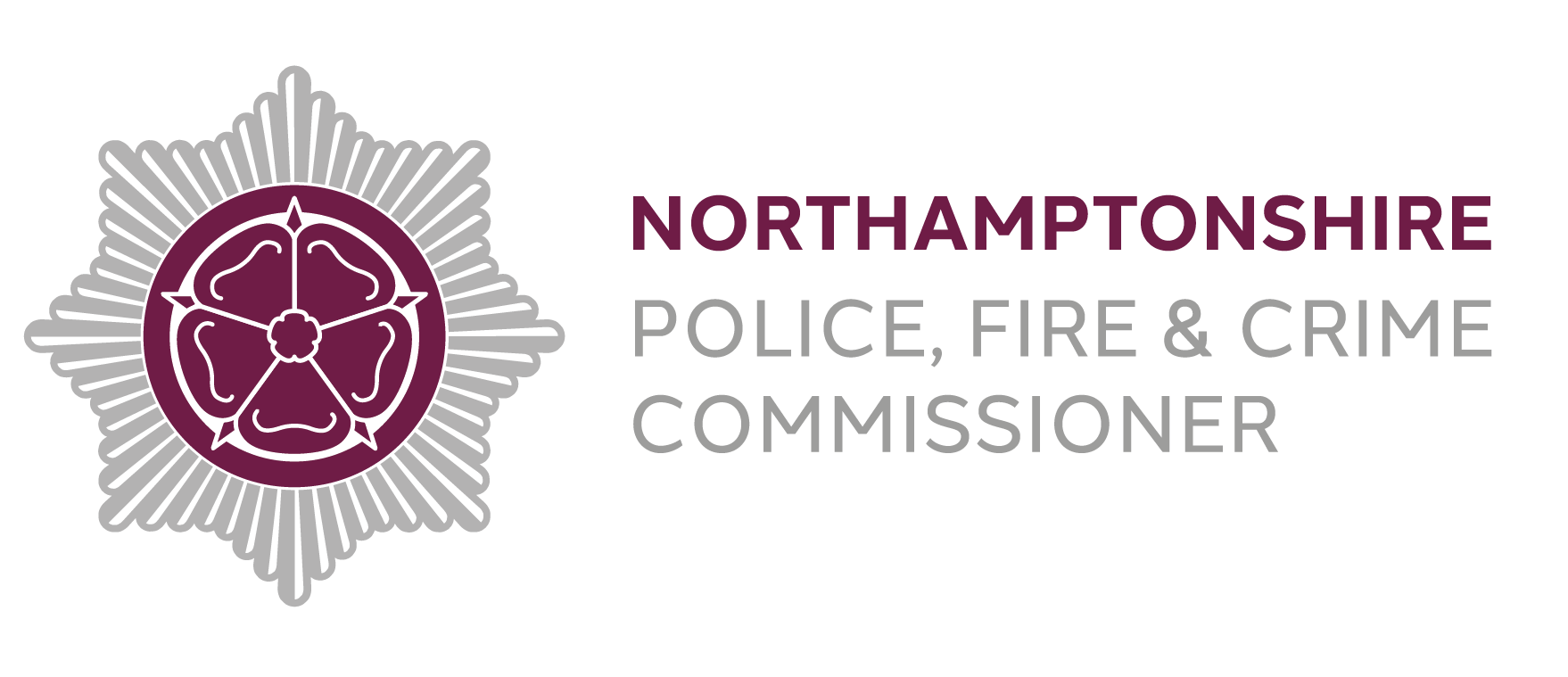Information
FOI 28032022-1 – OFPCC dealing with complaints against the Police
Question
The Police, Fire and Crime Commissioner for Northamptonshire police has taken on responsibility for the recording of complaints, and initial contact with the complainant and the service recovery of less serious complaints.
Was there any consultation with the public before this model was adopted?
If so please provide a copy of any consultation material including any responses.
Answer
The Policing and Crime Act 2017 (The Act) gave PCCs the power to become more responsible for parts of the reformed Police complaints process. The reforms were designed to achieve a more customer-focused complaints system, with more local accountability and more emphasis on learning and reasonable and proportionate handling.
The Act states the following:
Local policing bodies: functions in relation to complaints
(1) The local policing body that maintains a police force may give notice to the chief officer of the police force that it (rather than the chief officer) is to exercise the functions conferred on the chief officer by the provisions specified in subsection (2) or subsections (2) and (3).
Further details are set out in The Police (Complaints and Misconduct) Regulations 2020:
Local policing body functions in relation to complaints: giving of section 13A notices
- (1) A local policing body may only give a section 13A notice—
(a) where it has taken the steps mentioned in paragraphs (2), (3) and (4), and
(b) after the end of the period of 28 days starting with the day on which the step mentioned in paragraph (4) is taken (or retaken, in a case where paragraph (6)(b) applies).
(2) The first step is to consult, in such manner as the local policing body thinks appropriate, each of the following about the proposed section 13A notice—
(a)the relevant chief officer;
(b)all persons appearing to the local policing body to represent persons serving with the police who may be affected by the proposed section 13A notice.
(3) The second step is to publish, in such manner as the local policing body thinks appropriate, its response to the representations made or views expressed in response to the consultation.
(4) The third step is, having taken the steps mentioned in paragraphs (2) and (3), to notify the relevant chief officer—
(a) that it intends to give a section 13A notice;
(b) of the date on which it intends to give the notice, and
(c) whether the notice will relate to the functions conferred on the chief officer by the provisions specified in subsection (2) or subsections (2) and (3) of section 13A of the 2002 Act (local policing bodies: functions in relation to complaints)(1).
In line with legislation, the OPFCC formally consulted with the Police Federation, Superintendents Association, Unison and the Force. It did not receive any formal representations from any organisation either in support or opposition to Model 2. The OPFCC did not however undertake any public consultation in relation to the reforms of the Police Complaints System as implemented by the Policing and Crime Act 2017.
The OPFCC did however publicly publish the following Press release on its website:
https://northantspfcc.org.uk/greater-role-for-pfcc-in-compliments-and-complaints/
In 2018, the IOPC undertook a consultation exercise with both the police service and the public on draft new IOPC statutory guidance and in 2020 they published a report on the development of the new IOPC Statutory Guidance on the police complaints System.
A copy of the report can be download at:

